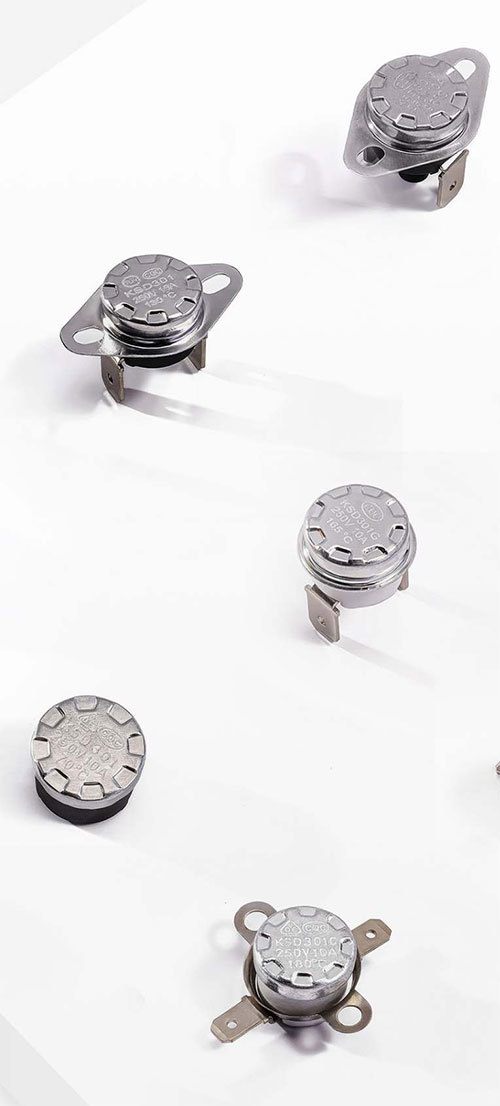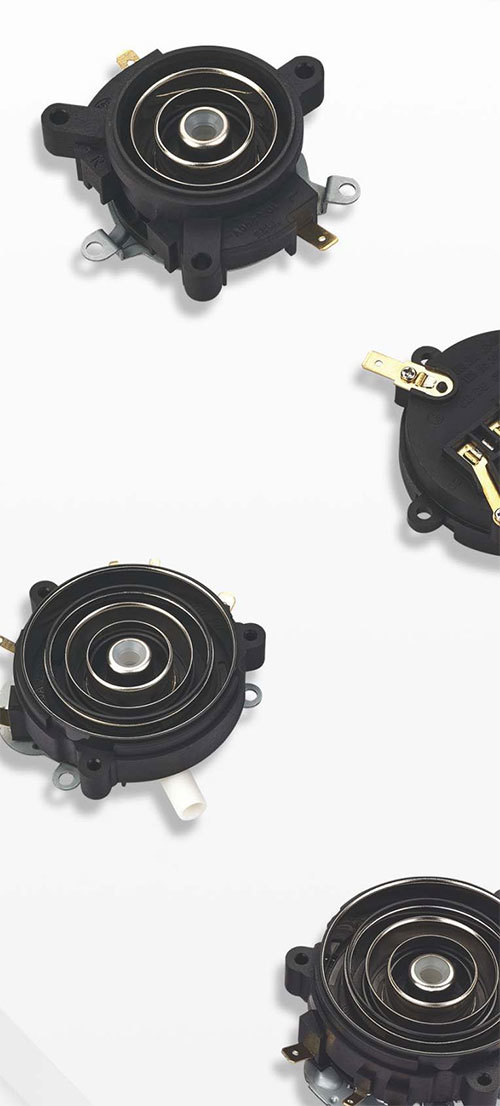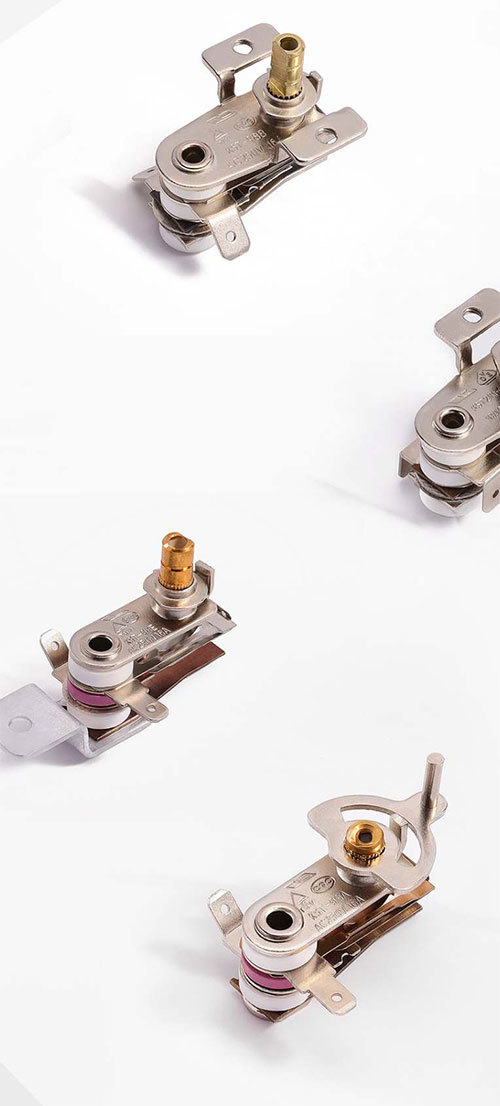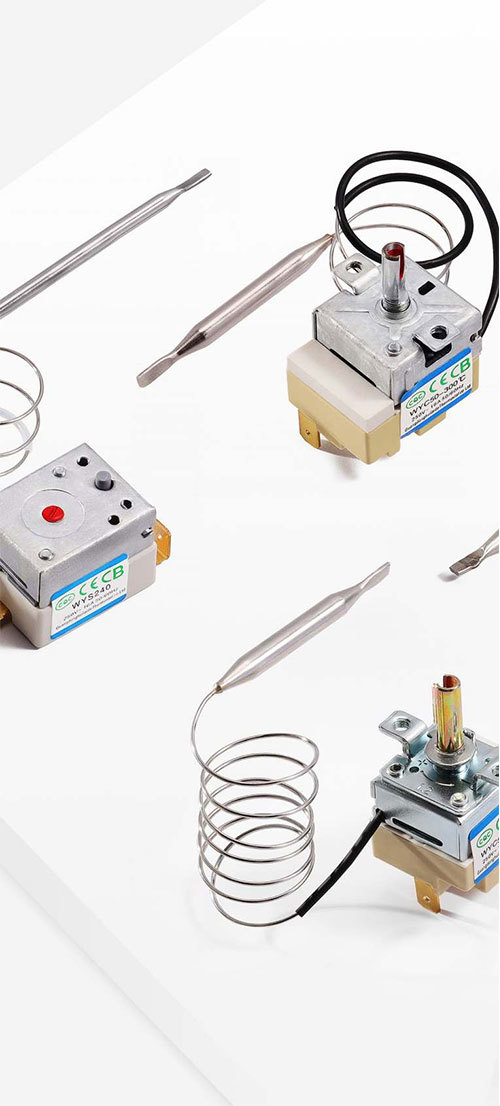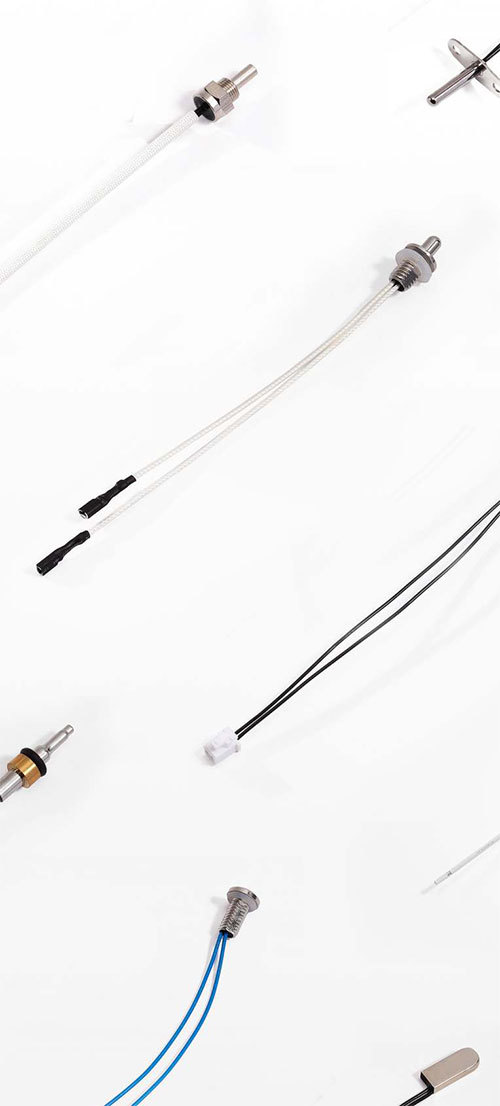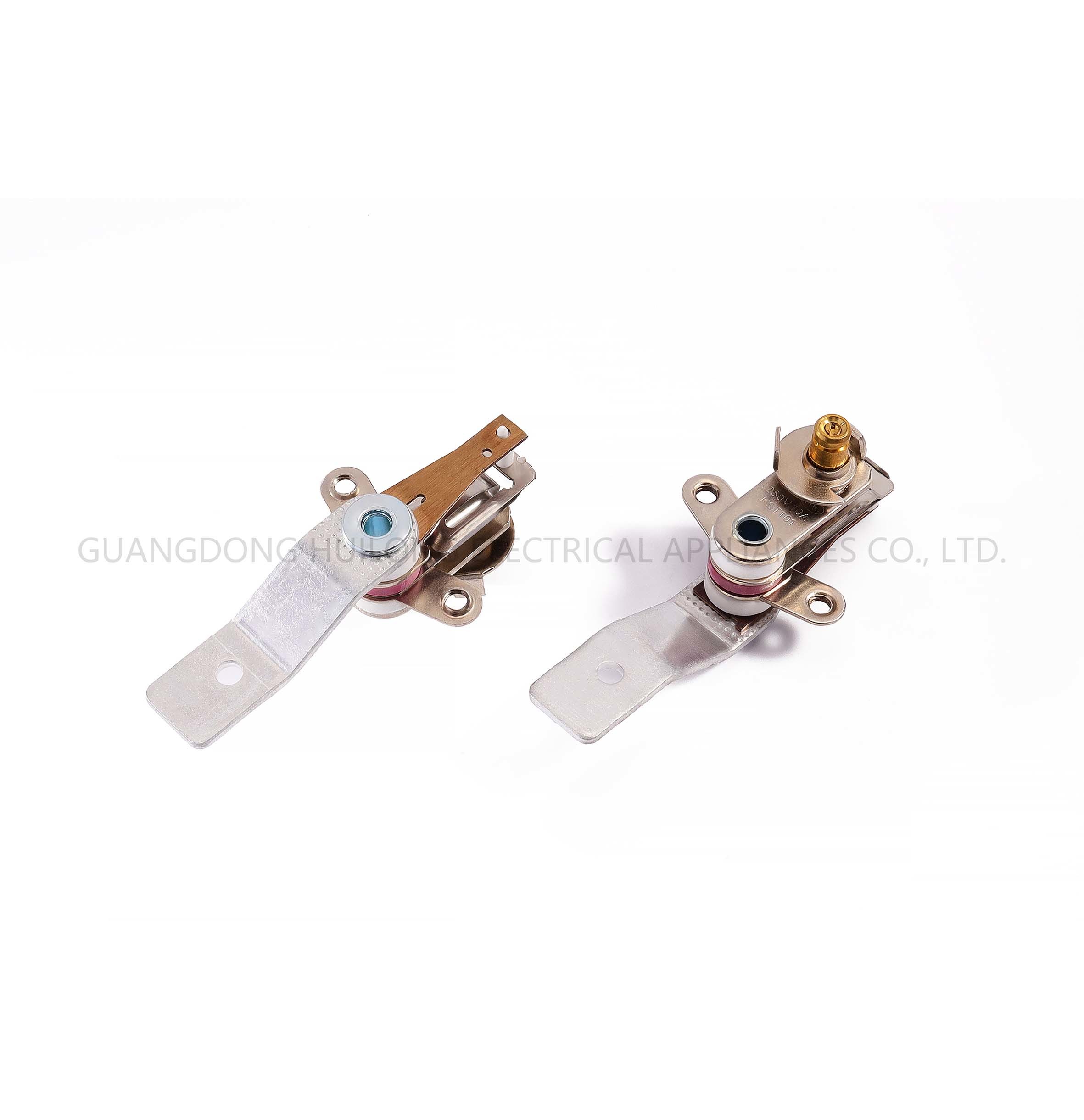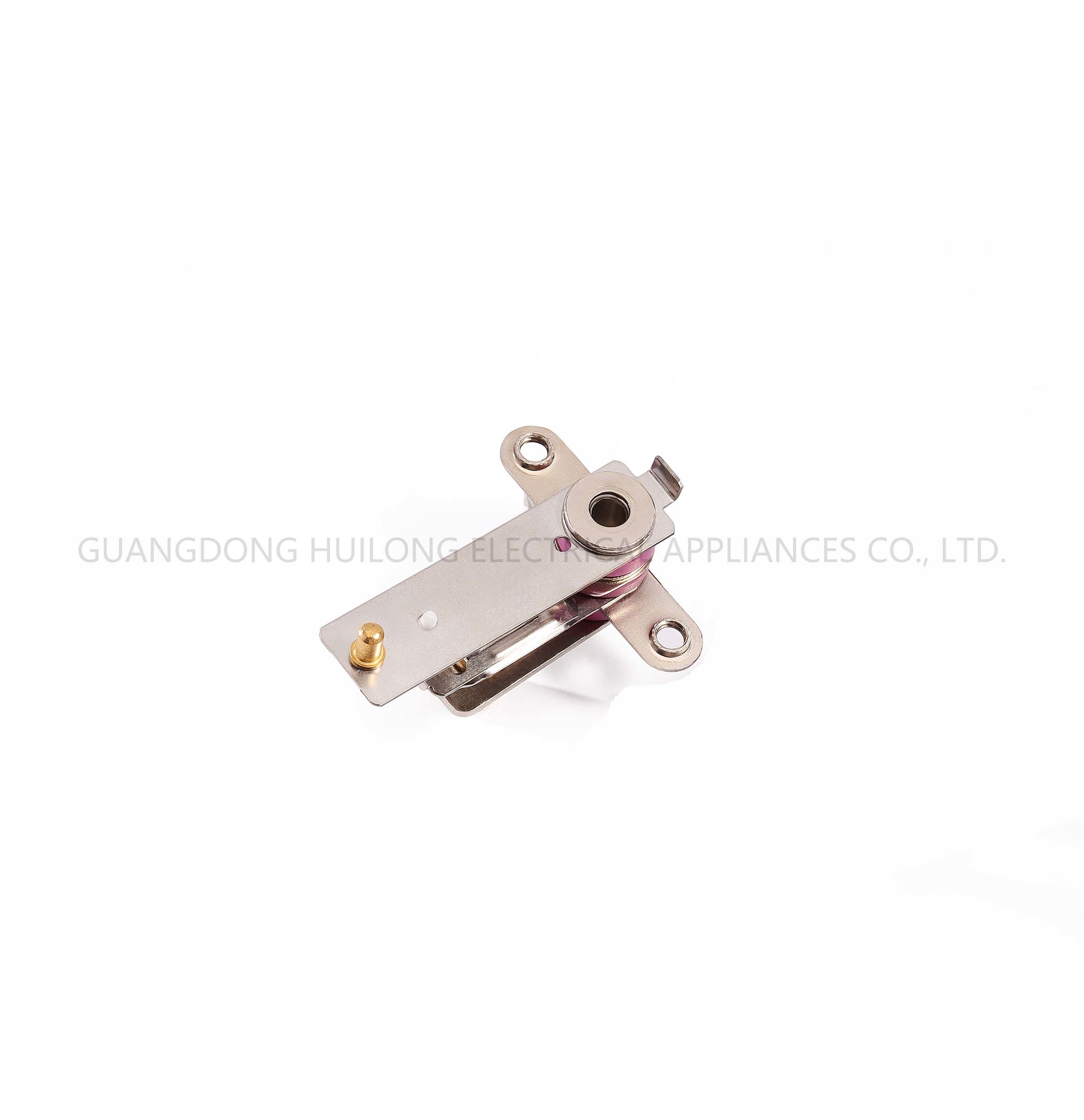Elevate Your Lab Experience: The Impact of Adjustable Thermostats on Heaters
Classification: knowledge
Time:2025-05-01
Elevate Your Lab Experience: The Impact of Adjustable Thermostats on Heaters
Table of Contents
- 1. Introduction to Adjustable Thermostats in Laboratories
- 2. The Importance of Temperature Control in Laboratory Settings
- 3. How Adjustable Thermostats Work with Heaters
- 4. Benefits of Using Adjustable Thermostats in Your Lab
- 5. Practical Applications of Adjustable Thermostats
- 6. Choosing the Right Adjustable Thermostat for Your Lab
- 7. Maintenance Tips for Adjustable Thermostats
- 8. The Future of Temperature Control in Laboratories
- 9. Conclusion
- 10. Frequently Asked Questions (FAQs)
1. Introduction to Adjustable Thermostats in Laboratories
In today’s fast-paced laboratory environments, precise temperature control is essential for the accuracy and reliability of experiments. **Adjustable thermostats** play a pivotal role in achieving this control. These devices allow laboratory professionals to set and maintain specific temperature levels, ensuring optimal conditions for various applications. By integrating adjustable thermostats with heating systems, labs can enhance their overall efficiency and productivity.
2. The Importance of Temperature Control in Laboratory Settings
Effective temperature management is vital across diverse laboratory settings — from chemical research to biological studies. Fluctuations in temperature can significantly affect experimental outcomes. For instance, in chemical experiments, even a minor change in temperature can alter reaction rates, potentially leading to inaccurate results. Thus, implementing reliable temperature control systems is crucial for maintaining the integrity of experiments and ensuring consistent results.
3. How Adjustable Thermostats Work with Heaters
An adjustable thermostat regulates the temperature of a heating system by monitoring the ambient conditions. When the temperature falls below a set threshold, the thermostat activates the heater. Conversely, when it exceeds the desired range, the thermostat signals the heater to shut off. This continuous feedback loop ensures that the laboratory environment remains stable. Modern adjustable thermostats may incorporate digital displays and programmable features, allowing users to set precise temperatures and schedules tailored to specific experiments.
4. Benefits of Using Adjustable Thermostats in Your Lab
Integrating adjustable thermostats into your laboratory offers numerous advantages:
4.1 Enhanced Precision
The ability to set exact temperature points leads to improved experimental accuracy. This precision is critical when working with sensitive materials or conducting intricate experiments.
4.2 Energy Efficiency
Adjustable thermostats optimize energy use by maintaining the required temperature without excessive heating. This efficiency not only reduces operational costs but also supports sustainability efforts within the lab.
4.3 Improved Safety
Maintaining stable temperatures minimizes the risks of overheating or thermal runaway, which can lead to hazardous situations, especially in chemical laboratories. An adjustable thermostat can act as a fail-safe mechanism.
4.4 Increased Productivity
With precise temperature control, researchers can focus on their work rather than constantly monitoring conditions, leading to greater productivity and faster completion of projects.
4.5 Flexibility for Various Applications
Adjustable thermostats can accommodate a range of heating systems and applications, making them versatile tools for various laboratory environments.
5. Practical Applications of Adjustable Thermostats
Adjustable thermostats find applications in numerous laboratory scenarios:
5.1 Chemical Reactions
In chemical labs, maintaining a consistent temperature is crucial for reactions to occur as expected. Adjustable thermostats ensure that reactions proceed within the desired temperature range.
5.2 Biological Studies
In biological research, temperature affects enzyme activity and cellular processes. Adjustable thermostats help maintain optimal conditions for experiments involving living organisms.
5.3 Material Testing
For labs involved in material testing, such as those dealing with polymers or metals, temperature control is essential to simulate real-world conditions accurately.
5.4 Environmental Testing
In environmental labs, adjustable thermostats are used to replicate conditions for testing water, soil, and air samples, providing reliable data for analysis.
6. Choosing the Right Adjustable Thermostat for Your Lab
Selecting the appropriate adjustable thermostat is critical for achieving the desired temperature control. Consider the following factors:
6.1 Temperature Range
Ensure the thermostat can handle the temperature ranges required for your specific applications.
6.2 Accuracy and Sensitivity
Choose a thermostat with high accuracy and sensitivity for optimal control, especially for sensitive experiments.
6.3 Compatibility
Verify that the thermostat is compatible with your existing heating systems to avoid integration issues.
6.4 User Interface
A user-friendly interface simplifies operation and programming, which can enhance efficiency in a busy lab environment.
6.5 Budget Considerations
While quality is essential, consider your budget. Evaluate features against cost to find the best value for your laboratory needs.
7. Maintenance Tips for Adjustable Thermostats
Regular maintenance of adjustable thermostats is vital to ensure reliability and longevity. Follow these tips:
7.1 Regular Calibration
Periodically calibrate your thermostat to maintain accuracy. This process involves comparing the thermostat’s readings with a standard reference.
7.2 Cleaning
Keep the thermostat and surrounding areas clean to prevent dust and debris from interfering with operation.
7.3 Inspect Wiring and Connections
Regularly check all electrical connections and wiring for signs of wear or damage to prevent malfunctions.
7.4 Update Firmware
For digital thermostats, ensure that firmware is current to benefit from the latest features and fixes.
8. The Future of Temperature Control in Laboratories
As technology evolves, the future of adjustable thermostats looks promising. Innovations such as smart thermostats that connect to the Internet of Things (IoT) are emerging, allowing for remote monitoring and control via smartphones and computers. These advancements will further enhance precision and efficiency, making laboratory operations more streamlined and effective.
9. Conclusion
Adjustable thermostats are indispensable tools for modern laboratories, providing essential temperature control that enhances precision, safety, and productivity. By understanding their functionality, benefits, and applications, laboratory professionals can make informed decisions about their heating solutions. Investing in high-quality adjustable thermostats will undoubtedly elevate your lab experience and contribute to successful experimental outcomes.
10. Frequently Asked Questions (FAQs)
FAQ 1: What is an adjustable thermostat?
An adjustable thermostat is a device that regulates the temperature of heating systems by allowing users to set specific temperature levels.
FAQ 2: How does an adjustable thermostat improve laboratory efficiency?
By maintaining optimal temperature conditions, adjustable thermostats reduce the need for constant monitoring, allowing researchers to focus on their work.
FAQ 3: Can adjustable thermostats be used with all types of heaters?
Most adjustable thermostats are compatible with a wide range of heating systems, but it is essential to verify compatibility before purchase.
FAQ 4: What maintenance is required for adjustable thermostats?
Regular calibration, cleaning, and inspection of wiring are essential maintenance tasks to ensure accurate functioning.
FAQ 5: Are smart thermostats worth the investment for laboratories?
Smart thermostats offer advanced features like remote monitoring and enhanced programming, which can significantly improve efficiency and control in laboratory settings.
Keyword: Elevate Your Lab Experience: The Impact of Adjustable Thermostats on Heaters
RELATED INFORMATION
In the world of laboratory equipment, maintaining precise temperature control is crucial for the success of many experiments and processes. One of the key components that facilitate this control is the adjustable thermostat. In the context of laboratory heaters, an adjustable thermostat is a device that allows users to set and regulate the temperature of heating elements, ensuring that materials a
2025/05/06
Elevate Your Lab Experience: The Impact of Adjustable Thermostats on Heaters
Elevate Your Lab Experience: The Impact of Adjustable Thermostats on Heaters Table of Contents 1. Introduction to Adjustable Thermostats in Laboratories 2. The Importance of Temperature Control in Laboratory Settings 3. How Adjustable Thermostats Work with Heaters 4. Benefits of Using Adjustable Thermostats in Your Lab 5. Practical Applications of Adjustable Thermostats 6.
2025/05/01


